
In the fast-paced and exhilarating world of T20 cricket, moments of drama and controversy often unfold in the blink of an eye, shaping the course of matches and leaving a lasting impact on the tournament’s legacy. One such moment occurred during a thrilling encounter between South Africa and the West Indies in the 2016 T20 Cricket World Cup, where a contentious run-out decision sparked heated Conflicts and opposing opinions among athletes, pundits, and followers. In this essay, we will delve into the details of the incident, analyse its implications, and explore the broader context of officiating in T20 cricket.
What is Run-Out in Cricket?
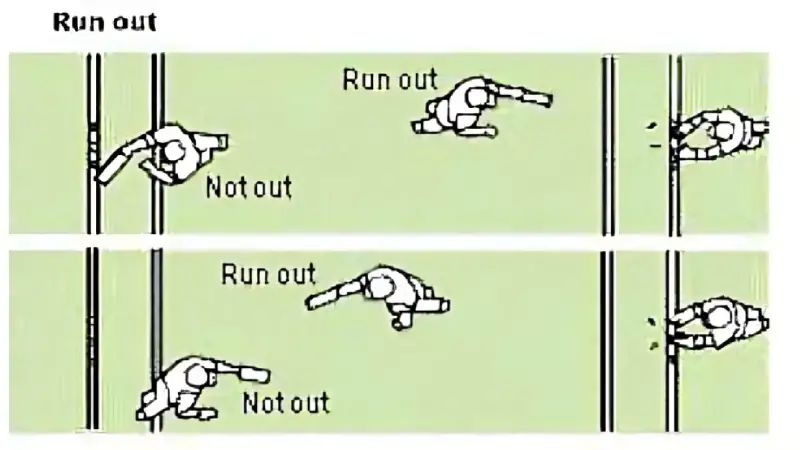
Law 38 of the cricket laws regulates the dismissal method known as run-out. It is called a run out when a batsman tries to run between the wickets and the fielding team manages to get the ball to one of the wickets before the batter crosses the crease line in close proximity to the wicket.
What happened during the 2016 T20 Cricket World Cup?
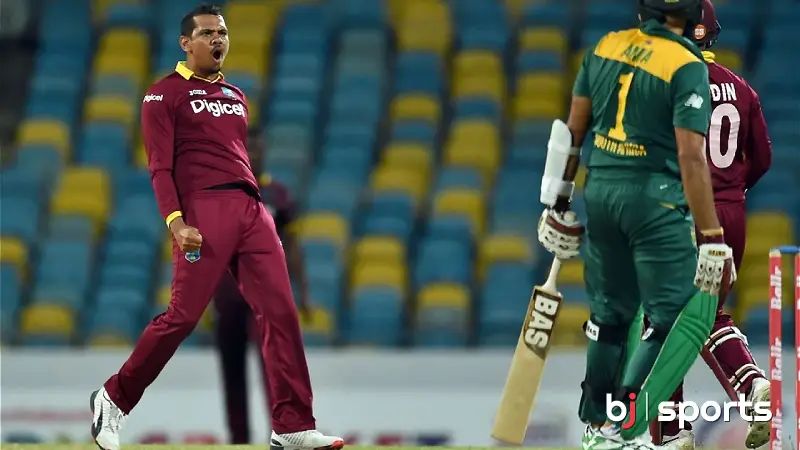
The stage was set for a high-stakes clash between South Africa and the West Indies in the group stage of the 2016 T20 Cricket World Cup. With both teams vying for a spot in the knockout stages, the match held significant importance for their tournament aspirations. As tensions ran high on the field, every run and wicket was fiercely contested, with both teams leaving no stone unturned in their quest for victory.
Amidst the intense competition, a pivotal moment unfolded during South Africa’s innings, with the team batting under pressure to set a challenging target for the West Indies. In a crucial passage of play, South African batsman David Miller found himself at the centre of the action, involved in a run-out attempt that would ultimately prove to be controversial.
As Miller attempted to complete a quick single, a direct hit from a West Indian fielder resulted in a run-out appeal being referred to the on-field umpire for a decision. However, upon review, television replays suggested that Miller may have grounded his bat before the stumps were broken, casting doubts on the validity of the run-out decision.
Also read: The “No-Ball” Incident – India vs. Pakistan, 2007
The contentious nature of the run-out appeal immediately sparked protests from the South African camp, who vehemently contested the umpire’s call and called for a thorough review of the decision. However, with limited provisions for technology-assisted reviews in T20 cricket at the time, the on-field umpire’s decision stood, much to the frustration and disappointment of the South African players and supporters.
The fallout from the run-out drama had significant implications for the remainder of the match, with South Africa’s momentum disrupted and their run-scoring opportunities limited by the loss of a key batsman. Despite valiant efforts to recover from the setback, South Africa ultimately fell short of posting a formidable total, with the West Indies seizing the momentum and emerging victorious in a closely contested encounter.
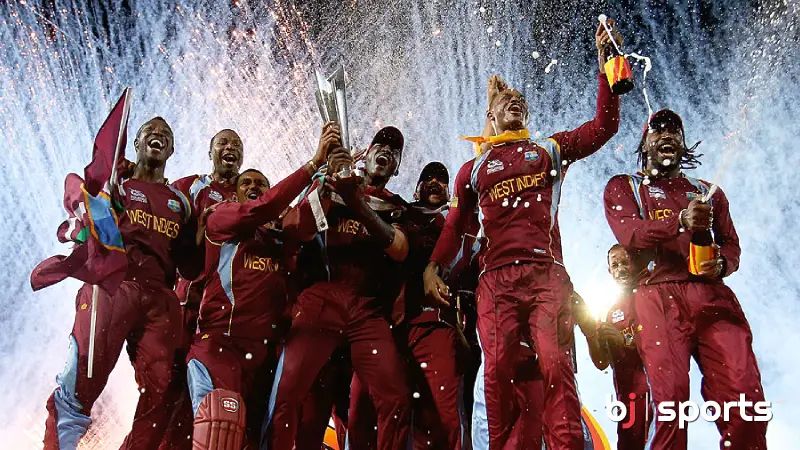
In the aftermath of the match, questions were raised about the role of technology in adjudicating contentious run-out decisions and the need for greater transparency and accountability in officiating processes. The incident served as a stark reminder of the inherent challenges faced by umpires in making split-second judgments on the field, particularly in high-pressure situations where the outcome of the match hangs in the balance.
Also read: Tales from the T20 World Cup Stands
As T20 cricket continues to evolve and embrace technological advancements, efforts must be made to enhance officiating standards, prioritise fairness and integrity, and provide umpires with the necessary tools and resources to make accurate and informed decisions. By upholding the spirit of cricket and maintaining the highest standards of officiating, the sport can continue to captivate audiences around the world and inspire future generations of cricketers.
For more, visit BJSports to read our quality Cricket Blog updates. Explore if you want to reminisce and enjoy all of your favourite cricket players and nostalgic match moments. To ensure that you never miss out, keep updated and join in the fun!
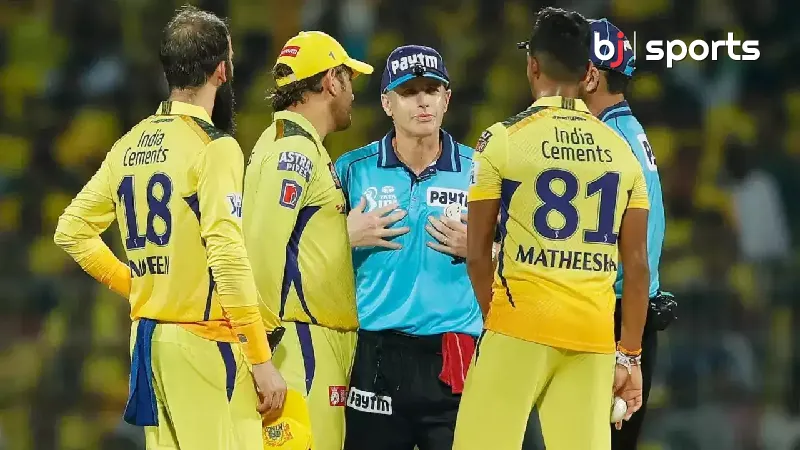 The IPL Umpire: A Representation of Sportsmanship and Fair Play
The IPL Umpire: A Representation of Sportsmanship and Fair Play Beyond Borders: IPL’s Role in Shaping Global T20 Leagues, Bridging Nations Through Cricket’s Grandest Stage!
Beyond Borders: IPL’s Role in Shaping Global T20 Leagues, Bridging Nations Through Cricket’s Grandest Stage!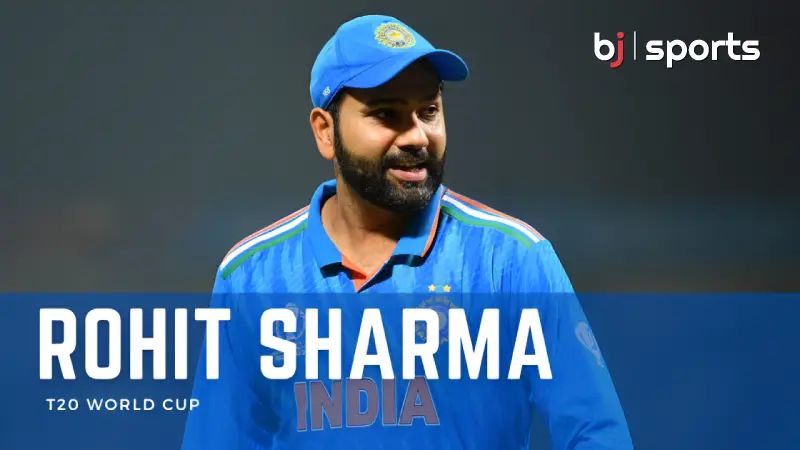 Rohit Sharma’s T20 World Cup Odyssey: A Birthday Tribute to a Cricketing Legend
Rohit Sharma’s T20 World Cup Odyssey: A Birthday Tribute to a Cricketing Legend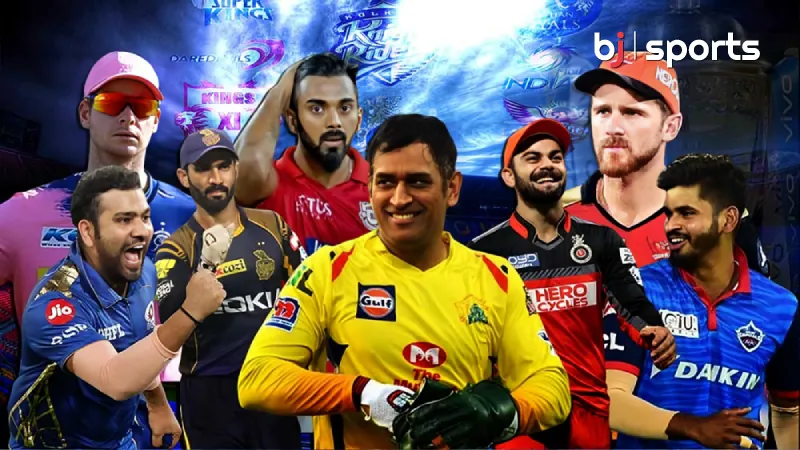 The IPL Effect: Transformative Impact on Indian Cricket, Revolutionizing the Game and Preparing Future Champions!
The IPL Effect: Transformative Impact on Indian Cricket, Revolutionizing the Game and Preparing Future Champions!

